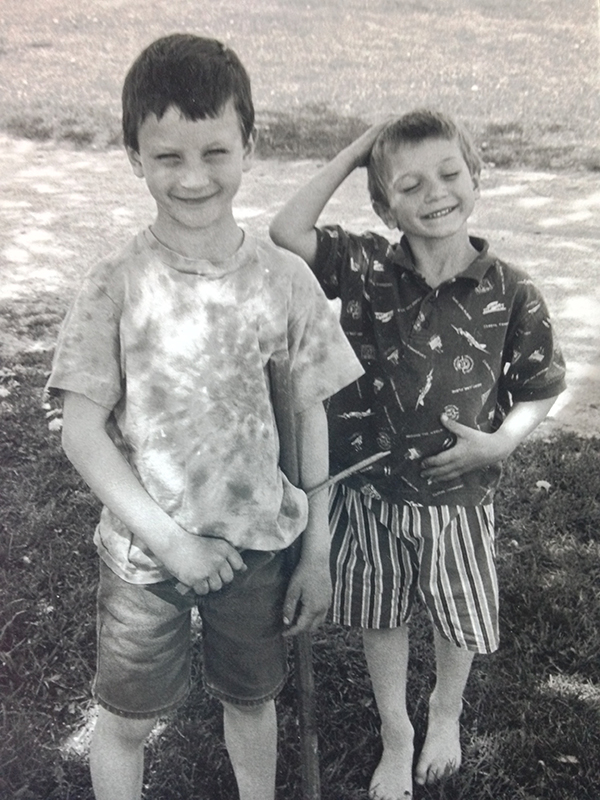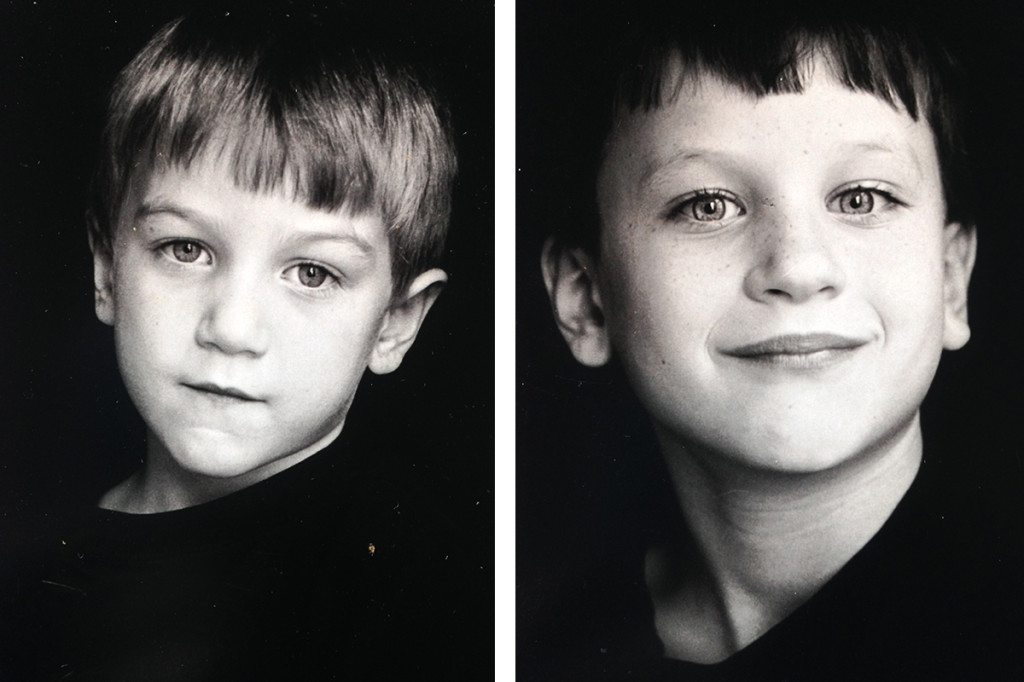Tara-Leigh Cobble is one of God's great blessings to me in this season. A few weeks ago we were in the car on the way home from dinner with friends and she was talking me through some thoughts she'd had following a month long fast. I practically begged her to write them up for me to post on Sayable, so I'm happy to share her words with you all today.
“Do not be anxious about your life,
what you will eat or what you will drink,
nor about your body, what you will put on.
Is not life more than food,
and the body more than clothing?”
Jesus, in Matthew 6:25
I've exhausted myself for years, watching successes stack up against failures. I've felt the blows of vanity and insecurity, pride and despair, all stemming from the same root: my body.
A righteous relationship with food always seemed just beyond my reach. And while the bulk of my food choices are healthy ones, I'm bent toward gluttony, specifically toward mindless eating in social situations. I've always been jealous of the people who can get away with those little indiscretions, enjoying a handful of dark chocolate almonds at a Christmas party without wondering if their pants will fit on Monday. For me, there is no margin for error. Slight deviations from a strict diet have never paired well with my DNA.
For most of my life, I've been content to let vanity control my approach to gluttony (as though vanity were a lesser sin), instead of killing them both with equal vigilance. I exercised my way through those occasional party cheats. But as my pastor often says, pitting sin against sin is no path to freedom. So I prayed for obedience and discipline. I established the habit of yielding each food decision to God before I sat down to eat. “God, what’s on the menu for this meal?” I asked. If He is my Lord and Master, if He owns the body He purchased on the cross, then He gets to call the shots, right? So I prayed and obeyed.
Vigilant obedience is a good thing, unless it is a means to an end instead of a means to God's glory. When I realized my “obedience” wasn't yielding the effect I'd hoped, I despaired. Surely my Lord and Master wanted me to be thin? Why weren't the pounds falling off in response to my yielding to Him?
I began to monitor myself with greater detail. This time, the sin in the ring with my gluttony had a pretty name that is listed as the fruit of the Spirit: self-control. But this wasn't Spirit-prompted self-control; it was sinful control, fearful control. Since God and His menu weren't helping me, I needed to take back the reins. Calorie counting and attention to food origin are good things, but they have a way of taking up more brain space than the Gospel. They gradually consumed my thoughts. That doesn’t sound like freedom to me – that sounds like bondage.
I'd pitted gluttony against everything I thought could take it down – vanity, vigilant obedience, sinful self-control—and I lost every time. Where was the freedom and victory His Word speaks of?
. . . . . . . . . . . . . . . . . . . . . .
Not long ago, while I was on tour in Europe, I sat alone at a restaurant overlooking the Mediterranean Sea. I had already gained three pounds during the month I'd been on tour. As I browsed the menu, I asked Him my question. “God, what's on the menu for this meal?” But this time, instead of the “egg white omelette with spinach and tomato” that I expected, I sensed a prompting in my spirit, a redirection. It felt like He asked me a question in reply: “What does a woman who is deeply loved by God eat for breakfast?”
“A woman who is deeply loved by God” doesn’t gorge herself, trying to fill a void, because she finds satisfaction in the great love of God. “A woman who is deeply loved by God” doesn’t starve herself, trying to win love and approval, because she rests in the great delight of her Father. That kind of woman doesn’t measure herself against what she isn’t, what she once was, or what she wants to be in the future, because she knows she is fully loved in the present.
I paused, thinking through the question. Then I chose my meal. It was still the egg white omelette, but somehow my heart felt different – not fearful or punished, not like I was pulling myself up by my bootstraps or muscling through the act of obedience, hoping for a reward. Instead, my heart felt like it was being courted by a generous, loving, attentive King.
This has become the question I ask myself at every meal. As a result, I have different thoughts when I look in the mirror at the body my food choices had sustained, the choices made in response to God’s great love: “This is what the body of 'a woman who is deeply loved by God' looks like.” Even though that body looks mostly the same.
Maybe my DNA isn't inferior after all. Maybe it's God's grace toward me – His way of making sure I can't get away with favoring certain sins over others. Maybe my body and this struggle are two of the tools He is using to point me back to His great love and His total sufficiency. God's love freed me up to eat to the glory of God. I was no longer wrapped up in weight gain or loss, no longer trying to sin my way out of a sin pattern. God loved me in my sin, and God loved me out of my sin.
“So, whether you eat or drink, or whatever you do, do all to the glory of God.”
1 Corinthians 10:31
Tara-Leigh is a touring musician, speaker, and writer, and I want to also take this opportunity to point you to her newest project (and the one I'm most excited about for her), Kiss the Wave. Tara-Leigh says it's "a book about celebration. I want to tell you personal stories that I pray will bring joy, hope, and a richer intimacy to your own relationship with the God who loves you deeply, the God who is "a rewarder of those who seek Him" (Hebrews 11:6).
I hope you'll consider checking out her Kickstarter Project and giving toward it!







